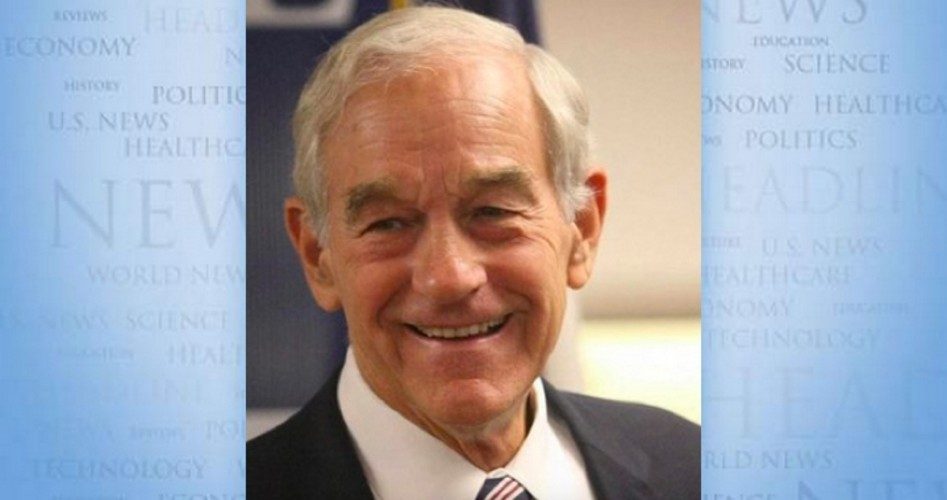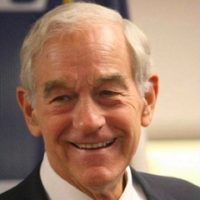
Hard as it is to believe, airline travel recently became even more unpleasant. Transportation Security Administration (TSA) employees being required to work without pay for the duration of the government shutdown resulted in many TSA workers calling in sick. The outbreak of “shutdown flu” among TSA employees forced some large airports to restrict the number of places mandatory TSA screenings were performed, making going through screening even more time-consuming and providing one more reason to shut down the TSA.
Airline security should be provided by airlines and airports. Private businesses, such as airlines, have an incentive to ensure their customers’ safety without treating them like criminal suspects or worse. Security personnel hired by, and accountable to, airlines would not force a nursing mother to drink her own breast milk or steal a stuffed lamb from a wheelchair-using three-year-old and subject the child to such an intensive screening that she cries “I don’t want to go to Disneyworld.” Those who claim that the TSA is necessary to keep us safe should consider that the Department of Homeland Security’s own studies show that TSA’s screenings and even the intrusive pat-downs are ineffective at discovering hidden guns, explosives, and other weapons.
TSA employees have no incentives to please, or even care about the well-being of, airline passengers. Instead, their jobs depend on pleasing politicians and bureaucrats. If we have learned anything since 9/11, it is that most politicians are more concerned with appearing to be “doing something” about security than actually reducing the risk of terrorist attacks. That is why politicians’ response to 9/11 was a series of actions — such as creating the TSA, passing the PATRIOT Act, and invading Iraq — that trade our real liberties for phantom security. Sometimes, pro-TSA politicians will bemoan the TSA’s “excesses” and even call for “reforming” the agency in order to pretend they care about their constituents’ rights.
Restoring responsibility for providing security to private businesses will encourage the development of new and innovative ways to more effectively provide security. In a free market, airlines and airports could compete for business on the basis that their flights are safer or their screening is less unpleasant than that of their competitors. If airlines were able to set their own security policies, they would likely allow pilots to carry firearms.
Private companies also strive to be consistent in providing services. Therefore, a company providing private security would never inconvenience its customers because of a “temporary shutdown.”
Because government operations are funded by coercive taxation rather than voluntary choices of consumers, federal officials cannot rely on the price system to inform them of whether they need to increase or decrease spending on airline security. In the private sector, businesses that charge more for security — or any other good or service — than individuals are willing to pay lose customers. Also, if businesses do not spend enough on security, people concerned about safety will be unwilling to use their services. Privatizing airline security is the only way to ensure that the “correct” amount of resources is being spent on airline safety.
In the 18 years since Congress created the TSA, the agency has proven itself incapable of providing real security, but more than capable of harrying Americans and wasting taxpayer dollars on security theater. Congress should permanently close the TSA and return responsibility for security to private businesses.
Ron Paul is a former U.S. congressman from Texas. This article originally appeared at the Ron Paul Institute for Peace and Prosperity and is reprinted here with permission.


